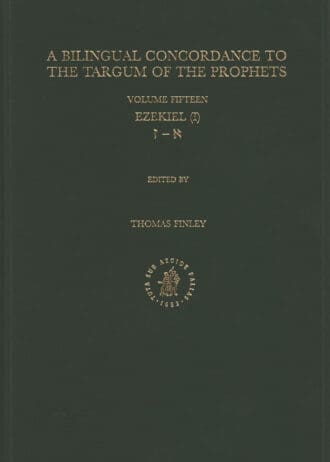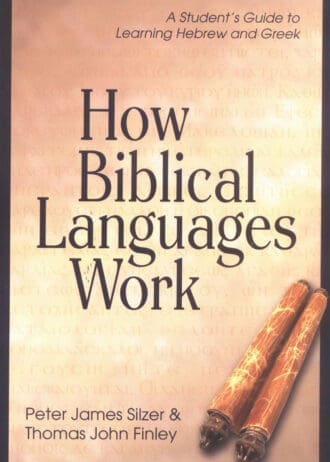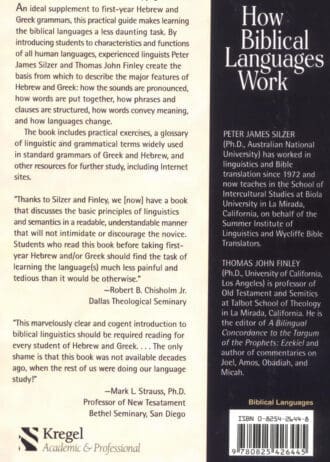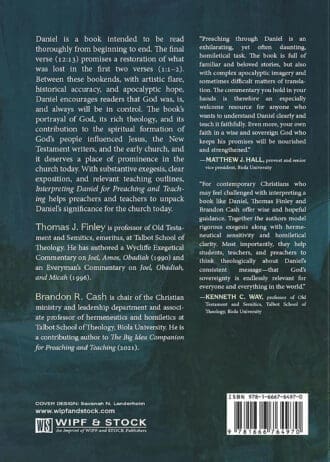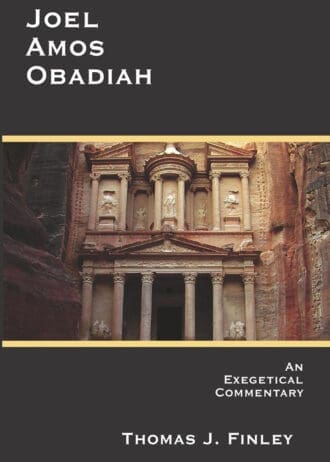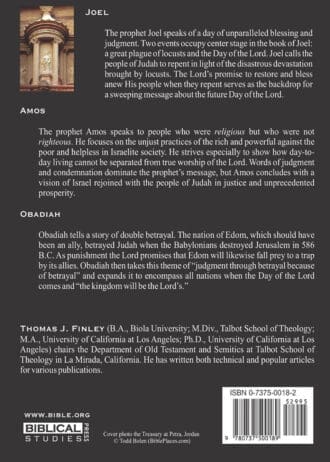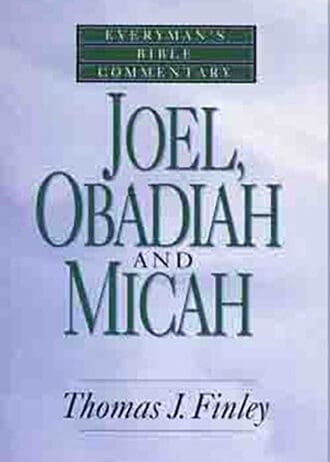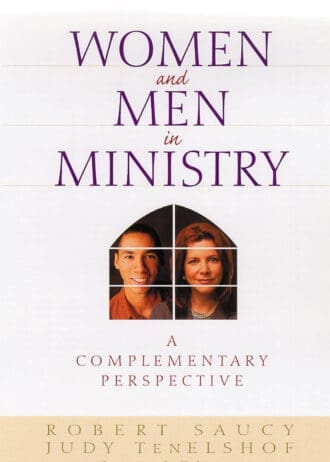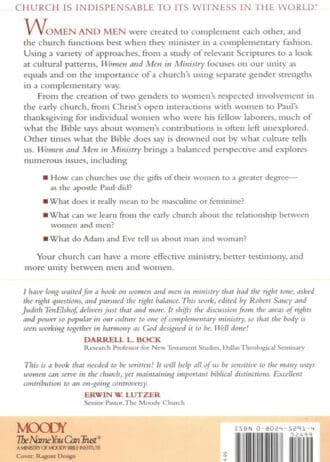Bilingual Concordance to the Targum of the Prophets, Volume 15 Ezekiel (I) (English and Hebrew Edition)
For the first time meaningful quotations from the Targum and the Masoretic Hebrew text of the Bible are set out in parallel so that the user of the concordance can study the translation technique of the Targum in much greater detail than was hitherto possible. For comparative purposes the concordance is published per book of the Prophets. Eventually a complete concordance will become available in electronic form. The concordance makes a wealth of largely unknown material accessible to researchers. The discovery of the presumed-lost Song of the Lamb, referred to in Rev. 15:3, by members of the editorial team vividly illustrates the importance of such a concordance to both Judaic and New Testament studies. The concordance will also be an indispensable tool for the textual criticism and the history of interpretation of the Hebrew Bible. To facilitate consultation on the basis of the Hebrew, every concordance per book contains a Hebrew-Aramaic index.

